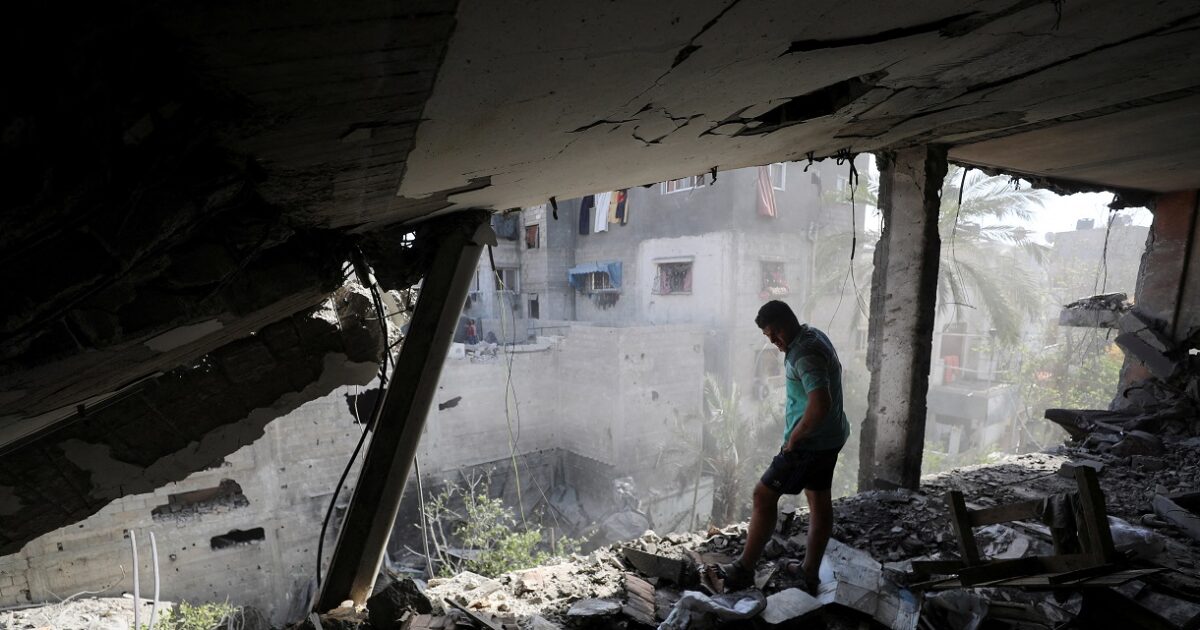His army Israel announced today (16/04/2025) that it turned 30% into a neutral zone into Gauze stripwhile continuing the attacks unabated.
Israel also excluded the entry of humanitarian aid into the Gaza Strip, where it is besieged about 2.4 million Palestinians since the war broke out, after Hamas’ attack on October 7, 2023 on Israeli territory.
In Gaza, the Local Civil Protection Office today spoke of 11 Palestinian dead, of which women and children, in young Israeli bombings.
After two months of ceasefire, the Israeli army resumed its air bombardments on March 18, then its land operation in the Gaza Strip, with Prime Minister Netanyahu estimating that the increased military pressure would force Hamas to surrender.
“Nearly 30% of Gaza territory is now defined as a safety perimeter,” the army trying to expand its control to large areas of the Palestinian enclave bordering southern Israel said in a statement.
The army also said it attacked about 1,200 “terrorist targets” and proceeded with more than 100 “targeted extermination” since March 18th.
The October 7th attack caused the deaths of 1,218 people on the Israeli side, mainly civilians, according to a countdown by the French Agency on the basis of official data. Of the 251 people who were abducted that day, 58 are still held in Gaza, of which 34 are dead, according to the Israeli army.
According to the Hamas Health Ministry, at least 1,652 Palestinians have been killed since March 18, increasing the death toll in Gaza to 51,025 since the start of the Israeli attack of retaliation 18 months ago.
“We were hungry, to lose everything, the deprivation, the loss of our father, our mother, our relatives, but what are these kids to blame?” Asks Sohir, a displaced Palestinian who lost her sister in a air blow in the city of Gaza.
About 500,000 Palestinians have been displaced in the Gaza Strip since March 18, the UN said, while almost all the inhabitants of the enclave have been repeatedly displaced from the beginning of the war.
The small pocket suffers from shortcomings in food, water, fuel and other essentials, according to the UN and humanitarian organizations.
